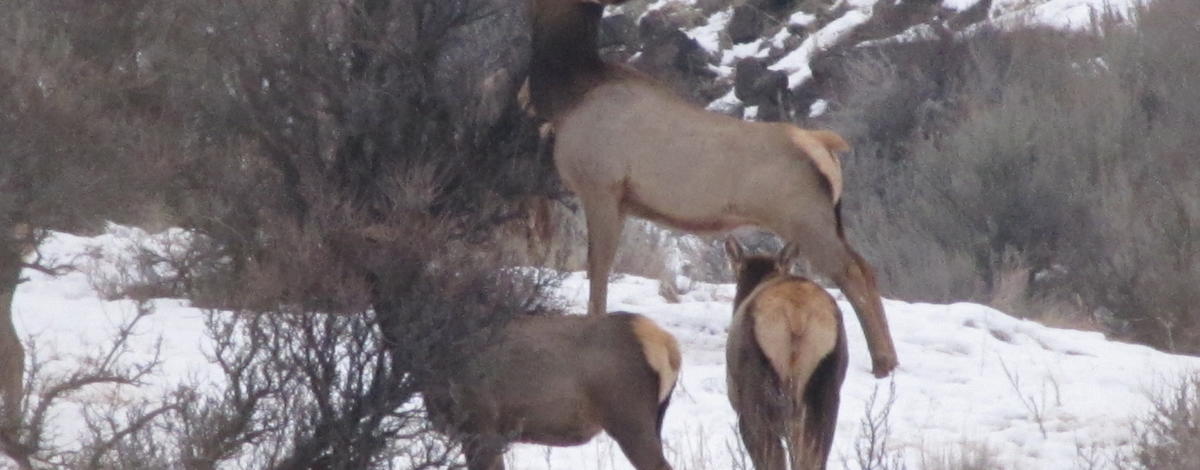Idaho Fish and Game has confirmed a case of Treponema Associated Hoof Disease in an elk harvested by a hunter near Whitebird in 2018, which is the first animal diagnosed with TAHD in Idaho. Fish and Game is asking people to report elk showing symptoms.
Washington Department of Fish and Wildlife has established a research project at Washington State University to learn more about the TAHD and its effect on elk populations. The samples from Idaho were sent to WSU for definitive diagnosis and testing of TAHD.
TAHD is caused by a spirochete bacterium that causes hoof abnormalities and lameness in elk. This is the same hoof disease that has been observed in elk in Washington and Oregon. While TAHD is not a bacteria associated with domestic livestock, Fish and Game is coordinating with the Idaho State Department of Agriculture on the issue.
TAHD is a relatively new condition in elk that was first recognized in 2000 in Washington. Since then, the condition has been identified in several elk herds in Washington, and in 2014, it was found in Northwest Oregon.
Information about how this bacterium is transferred between animals, what other animals may be susceptible to it, and the potential impacts on wildlife populations are not well understood, but research on the disease continues.
Fish and Game staff has occasionally observed, or received information from the public, about elk around the state that have abnormal hooves, or are lame. No definitive cause for the lameness or hoof abnormalities in these other cases are known, but they can be caused by injury, arthritis, viral infections, and other bacterial and fungal infections. Prior to the recent case, biologists had not suspected TAHD to be present in Idaho.
Fish and Game will be increasing surveillance for TAHD in Idaho, and the department will be distributing more information to the public to enlist its help reporting elk that appear to have trouble walking, or that have odd-looking hooves. People can report incidents online or call Fish and Game's Wildlife Health Laboratory at (208) 939-9171.

